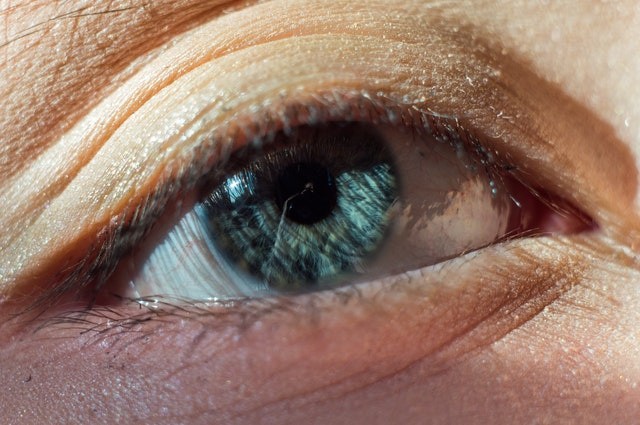For humans, death may be the most unsettling topic to address. Some individuals are uncomfortable just thinking about it.

Global Studies
Researchers worldwide are undertaking scientific studies on death to debunk the mystery surrounding it. For example, researchers caught brainwaves during an individual's death and discovered a resemblance to high cognitive tasks.
A group of American scientists may have discovered a means to restore a flicker of activity in human eyes after death. The scientists succeeded to re-establish the connections between light-sensing neurons in organ donor eyes, according to a study published in the journal Nature on May 11, 2022.
The study team evaluated the activity of retinal cells in mice and humans immediately after death. According to preliminary research, oxygen deprivation is the critical component that causes photoreceptors to lose connection with other retinal cells.
Anne Hanneken, Associate Professor at Scripps Research, obtained organ donor eyeballs less than 20 minutes after death to achieve their results. On the other hand, Frans Vinberg, an assistant professor at the John A. Moran Eye Center, designed a transportation system to restore oxygenation and other nutrients to organ donor eyes. Vinberg has created a gadget that stimulates and monitors the retina's electrical activity.
In postmortem retinas, the scientists used these devices to replicate a unique electrical signal present in living eyes, often known as the "b wave." The postmortem retinas emitted specific b-waves after being activated by light.
"We were able to wake up photoreceptor cells in the human macula," said Fatima Abbas, a biomedical scientist, and the study's primary author.
Also Read : Scientists Finds the Link Between Climate Change and Proliferation of New Infectious Diseases
Photoreceptros
Reviving photoreceptors also raises the prospect of future transplants that might aid people with vision loss. Transplanted donor retinal cells and patches, on the other hand, would need to be seamlessly incorporated into existing retinal circuits. This is already a complex subject for scientists to solve.
The research is the first to show that transplanted eyes can respond to light. As a result, it raises concerns about death's irreversibility, partially due to the absence of brain activity.
Modern Medicine
We must go the extra mile in a world of medical wonders. For decades, prescription drugs and medical advancements have helped individuals avoid illness-related disability and death, reduced total treatment costs, and reduced mortality rates from heart disease, stroke, cancer, and other dangerous diseases.
In infectious illnesses and emergencies, modern medicine has made significant progress. Advances in vaccinations for hypertension, diabetes, cancer, and other diseases and the significance of meditation, yoga, and spirituality in illness prevention at many levels require attention. Studies on longevity, lifestyle modifications, and healthy centenarians are worth looking into to see what factors contribute to lifespan and happiness.
Related Article : Scientists Double Effort to Find Possible Next Pandemic, Caused by Other Zoonotic Diseases
For more health and medicine related news, don't forget to follow Nature World News!
© 2025 NatureWorldNews.com All rights reserved. Do not reproduce without permission.





